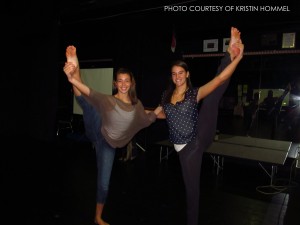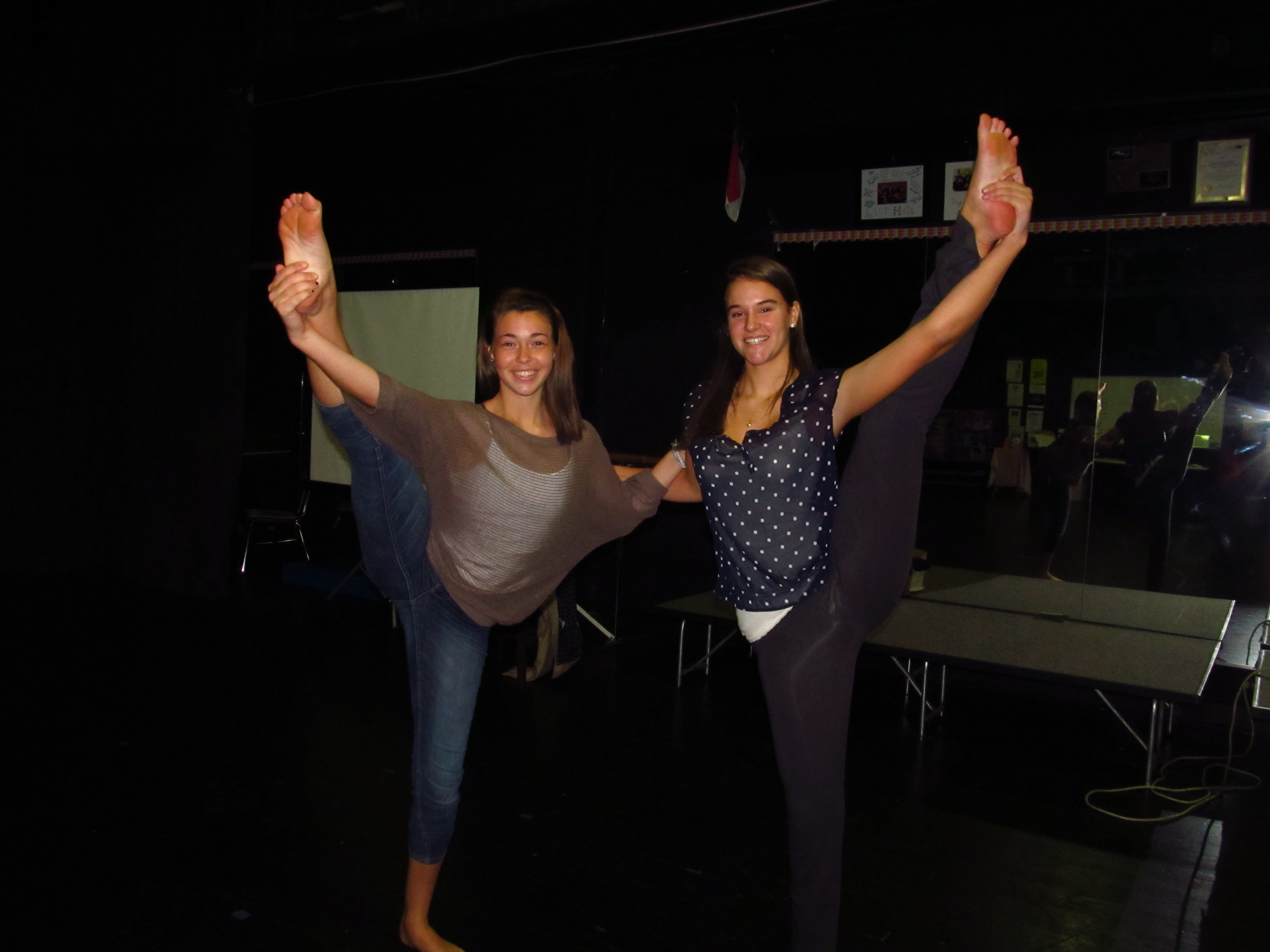
As ages pass, support for the arts decreases more and more as other “more important” issues arise. Even in schools, most students and teachers devalue the importance of artistic expressions, mostly because they are considered to be unimportant to the education of teens and children. As such, they are prioritizing the arts even lower on the scholastic agenda.
Being in arts programs of any kind increases creativity in students, which is essential to today’s society and to the future. Most people assume that arts education is only necessary if a student wished to have a career in the arts, but that is simply not true.
According to the U.S. Department of Education, the arts play a crucial role in shaping who a student becomes as they mature. “Research studies point to strong relationships between learning in the arts and fundamental cognitive skills and capacities used to master other core subjects, including reading, writing, and mathematics.”
In my life, the arts have played a crucial role in shaping who I am as a person, giving me the ability to be creative with both my school work and with life in general. Ms. Wrayno has affirmed the massive influence that participation in the arts has wrought in her students’ lives post-high school.
There is a nationally acclaimed program known as Distinguished Young Women of America that awards huge scholarships to deserving students through their talent. In the past, the scholarships have most often been awarded to students possessing some talent in the arts, including this past year’s winner, Christina Maxwell. This is one of many examples of the opportunities involvement in the arts creates. Even if a student only gets involved in their senior year, that is one more year of newly-obtained skills that they did not have before, including improved test scores and higher spatial reasoning skills, among others.
Not only does arts education improve creativity in students, but it also affects students on the neural, psychological level. In a research study conducted in the 1990s by Gordon Shaw, he asserted that college students who listened to Mozart’s sonata for two pianos before an intellectual test proved to have an IQ up to 10 points higher than those who had not listened to the music. This method, called the Mozart Effect, has since been experimented with and proven to be true.
In addition, students who participate in music courses and study musical theory tested 30% better than other students on spatial reasoning tests. In an article about the arts’ association with intelligence, James S. Catterall, a professor at UCLA, wrote in 1999 that middle and high school students with a strong involvement in theater or music scored an average of 16-18 points higher on standardized tests than those with low arts involvement. A student who is truly invested in the arts undoubtedly scores higher than other students who do not participate in any artistic courses.
When learning to play an instrument, and while playing that instrument, fMRI technology shows that the left hemisphere of the brain lights up like a Christmas tree. This side of the brain is associated with reasoning, mathematics, etc.; these subjects are the focus of school education nowadays, and yet musical training affects the same part of the brain as math, reasoning, logic, and science.
From these and other studies, it has clearly been shown that having an education in the arts improves cognitive skills, and increased reading fluency for two years after a only a year of musical study.
Just from Leesville, there have been many students who were involved with the arts here that were given amazing opportunities.
According to Ms. Wrayno, the technical theater director, in an email interview: “ I have 2 students who are currently at UNC School of the Arts for their college degrees as well as two students who recently worked on films – one worked on lighting for Iron Man 3 and one was a makeup intern for the Hunger Games movie…one of our students who just graduated last year designed the lights for NRACT’s production of Little Shop of Horrors.”
Not only are arts education programs fun and relaxing, but great opportunities in life can come as a direct cause of it. The arts are so important and helpful to society, and yet it is the victim of budget cuts and “higher priority” courses.
Proven through many experiments and trials, the importance of fine arts has been tested and validated time and again throughout the past two decades. Yet, even still they are quietly dying out of the schools, prioritized into nothingness. From all this evidence and more, shouldn’t we preserve and nourish the practice of arts education?

Leave a Reply